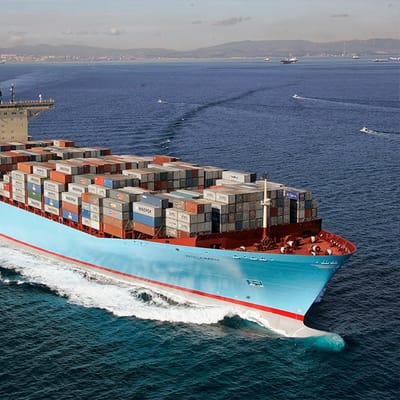Sea transport

Advantages:
Ideal for transporting heavy and bulky goods
Inexpensive for large volumes
Suitable for products with long lead times
We offer highly flexible services through partnerships with leading ocean carriers. These deep-rooted relationships ensure capacity and the ability to adapt quickly and efficiently to increasing shipping trade volumes.
Our special services include:
Less Load From Container (LCL)
FCL (Full Container Load)
What is FCL?
To fill a FCL (Full Container Load) cargo if an exporter has goods to fit in a full container load. In an FCL shipment, all goods in that container belong to a shipper. Since a FCL (Full Container Load) belongs to a shipper, the cargo in the container does not need to be fully loaded into the container. Allow the cargo to be a half-full or a quarter-loaded container, if a shipment is reserved by a shipper under it, the shipment in question is called an FCL shipment. Based on carrier routing options, FCL is our best transit-cost-cost combination product for full container loads.
What is the LCL?
Under an LCL (Less Than Container) cargo where a shipper does not have enough goods to fit into a full container, he or she books cargo with a consolidator to consolidate their goods with other carriers. This type of shipment is called an LCL shipment. The aggregator arranges a fully loaded container (FCL) and consolidates shipments from other shippers and delivers each shipment to its final destination, separating each shipment at its final destination.